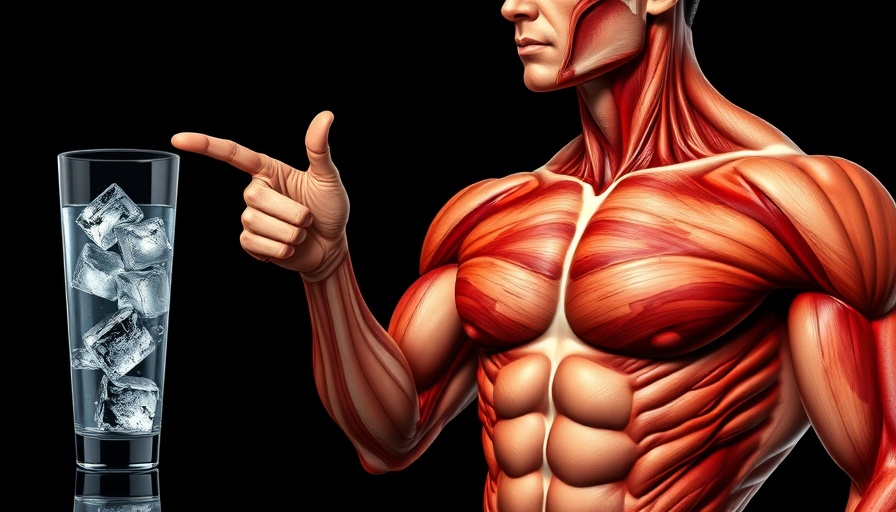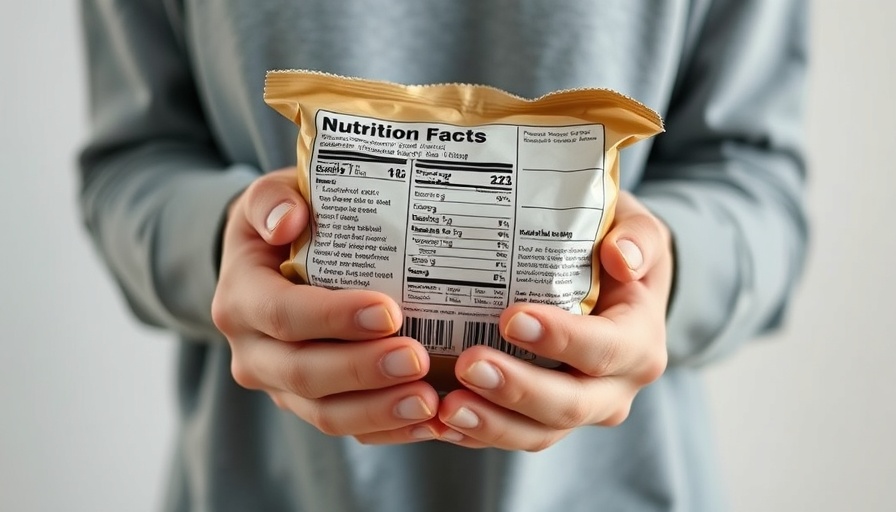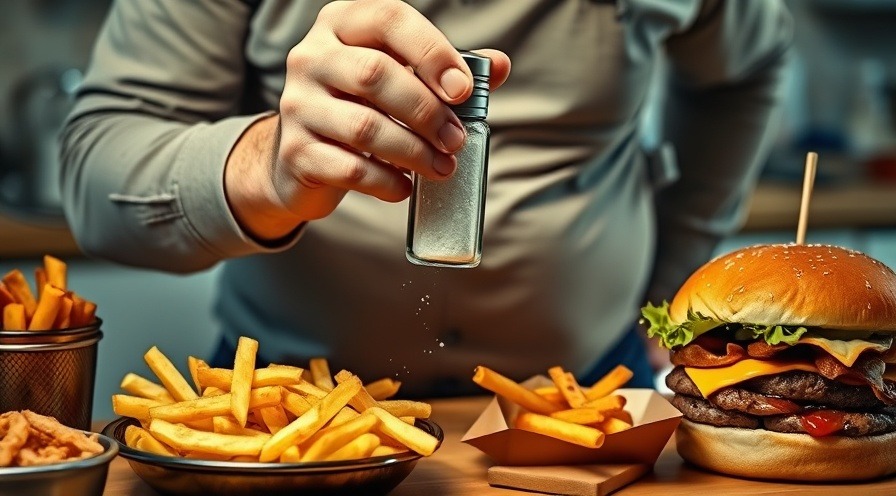
Curious Experiment: Surviving 100 Hours on Water Alone
What if you solely drink water for 100 hours? This intriguing challenge has drawn attention from health enthusiasts and curious minds alike. While drinking water is essential for our well-being, limiting intake to just water for several days raises various questions about its effects on the body.
Understanding Hydration and Nutrition
Hydration is critical for bodily functions, from regulating temperature to fending off illness. However, it also plays a crucial role in digestion and nutrient absorption. Without food, the body must rely on stored nutrients, which can lead to deficiencies over time. A 100-hour water fast can cause fatigue and weakened immunity as the body taps into these reserves.
Physical and Psychological Effects
The physical sensations of fasting can include headaches, dizziness, and even irritability. Research shows that extended periods without food can impact mood, potentially making individuals feel anxious or low in energy. The psychological aspects of such a challenge are significant, as the mental focus on hunger can become overwhelming.
Expert Opinions on Short-Term Fasting
Experts emphasize the importance of balance. While intermittent fasting has gained popularity for weight loss and health benefits, a prolonged water-only fast may not be beneficial for everyone. Those with underlying health conditions, such as diabetes, should consult with healthcare professionals before attempting such challenges.
Takeaways from the Water-Only Challenge
Engaging in this kind of health experiment sheds light on the importance of proper nutrition. It highlights that while water is vital, our bodies require more than just hydration to function effectively. Observing how your body reacts to fasting can offer valuable insights into personal health and wellness.
 Add Row
Add Row  Add
Add 




 Add Row
Add Row  Add
Add 

Write A Comment